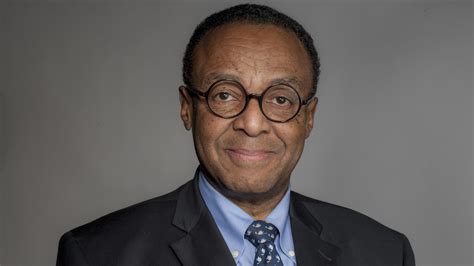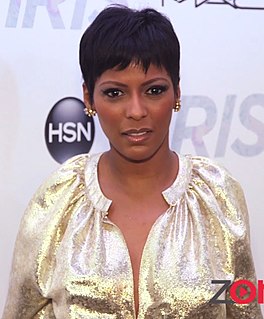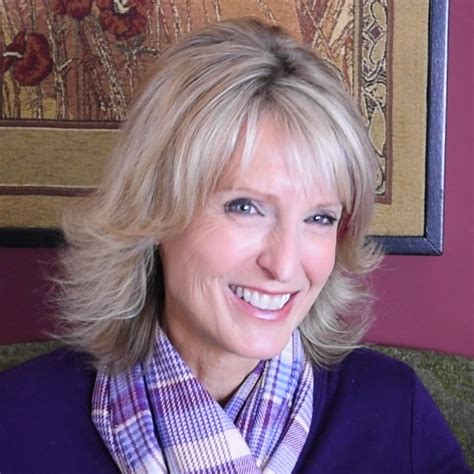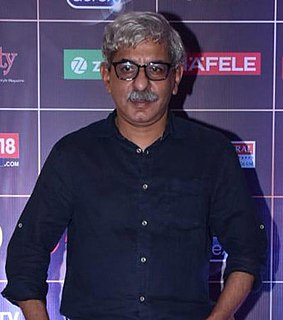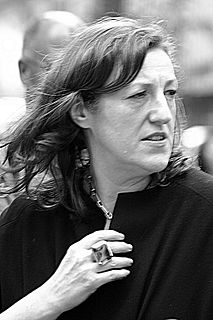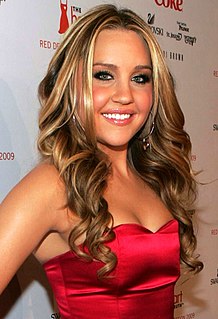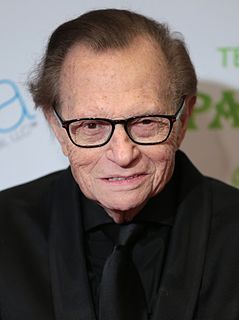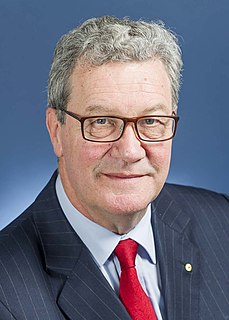A Quote by Clarence Page
I will say that the difference was that when you're an Army journalist, as opposed to a civilian correspondent covering the military, you're very often either a public relations agent or expected to perform that role. I would say that one of the most unexpected benefits of that job was being taught to never try to cover anything up, but rather to get any bad information out right away, so that there would be nothing more to come out later. This was a wonderful lesson to be taught because often the effort to cover up a story becomes a bigger story than the original one.
Quote Topics
Agent
Any
Anything
Army
Away
Bad
Because
Becomes
Being
Benefits
Bigger
Civilian
Come
Correspondent
Cover
Covering
Difference
Effort
Either
Expected
Get
Information
Job
Journalist
Later
Lesson
Military
More
Most
Never
Nothing
Often
Opposed
Original
Out
Perform
Public
Public Relations
Rather
Relations
Right
Right Away
Role
Say
Story
Taught
Than
Try
Unexpected
Up
Very
Will
Wonderful
Would
Would Be
Related Quotes
My job is to cover the hell out of the story, very aggressively. The real place to be courageous if you're a news organization is where you put your people to cover the story. It's making sure that you have people going to Baghdad. It's making sure that you figure out how to cover the war in Afghanistan. While the journalist in me completely stands with them, the editor of the New York Times in me thinks my job is to figure out what the hell happened and cover the hell out of it, and that's more important than some symbolic drawing on the front page.
We brainstorm an idea and then we do flesh it out a little bit - we come up with a script, mostly to have beats and a sense of a story and a narrative arc. Often when we get into the space and onto the location, that changes and something we discover in the moment becomes the moment, becomes the story, becomes the character.
I sometimes say that I don't make anything up - obviously that's not true. But I am uninterested in writers who say that everything comes out of the imagination. I would rather be in a room with someone who is telling the story of his life, which may be exaggerated and even have lies in it, but I want to hear the true story, essentially.
People have taught me what most doctors don't learn, in other words, when somebody does better than expected, the doctor will tell them they're doing very well and to keep it up. I learned to say, "You didn't die when you were supposed to so what's going on?", and they always had a story to tell me.
When you put an image on the newsstand, you have literally two seconds to get somebody's attention. Often, with many of the subscriber covers, they're far away and the thing that catches your attention more than anything on the newsstand is eye contact.Because you've got a smaller image, and sometimes a darker image, often it doesn't stand out, as much as a traditional newsstand cover, which is why we continue to do right for newsstand.
I think you have to embrace being a role model because you are in the public eye, and whether you like it or not, people are going to be affected by you positively or negatively, ... Public-wise, I really wouldnt do anything that would be detrimental to anybody else or to myself. And to a certain extent, I try to watch out and try not to do anything that would be bad for kids to see.
I would just say there are no two roles that are more demanding than Bob Dylan of 1966 [Blanchett's role in 'I'm Not There'] and Carol Aird of 1952. I challenge any director out there to come up with a wider divide. I had to convince her to take the Dylan role, and that took effort. But with 'Carol,' she was already attached.
I would love to sign on to do a movie if it was the right role and if it was the right script, because I would be taking time away from music to tell a big grand story, and spend all of my time and pouring all of my emotions into being someone else. So for me to do that, it would have to be a story worth telling.
Well people often ask me how I felt growing up with a father who was a politician and who was often away. But when I'm asked that question I often reflect on my inability really to be able to answer it in any relative sense because I never grew up with a father doing anything else. So I just have no idea what it would be like otherwise.
I try not to "perform." I try to come on stage and be myself, to sing the way I would in a room by myself, to interact with the audience the way I would relate to them if we were in my kitchen drinking tea and making up silly songs. Maybe the way to get past the fear of being ourselves is simply to try it more often.
